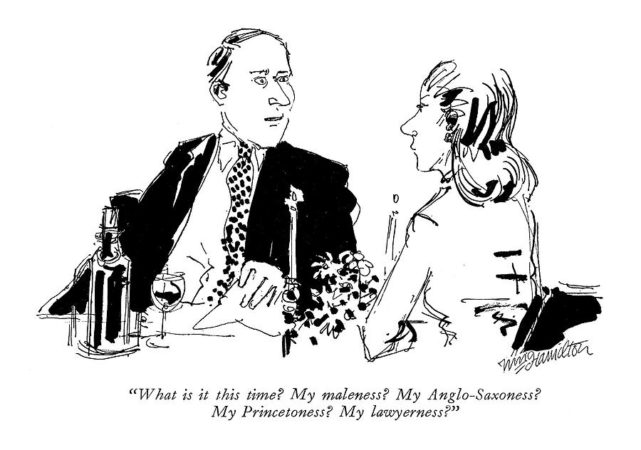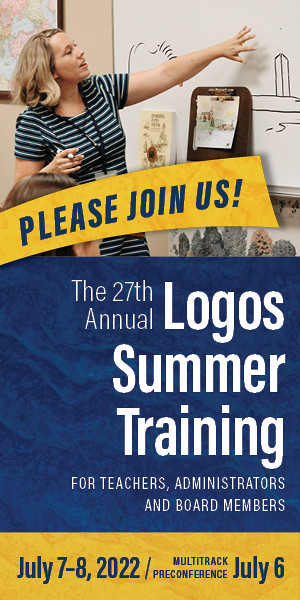Letter to the Editor: I feel like at some point I recall you mentioning the biblical origin of wives taking their husbands last name at marriage. If this rings a bell, it would be ...
Moral Capital and the Public Square
“When the prodigal son ran off and began spending his inheritance, he did not find himself broke after five minutes of wasting money. When the inheritance is considerable, as ours was, some considerable time may elapse before the checks start to bounce.”
The Cultural Mind, p. 29
Fukuyama Inside Out
Introduction: Francis Fukuyama wrote his influential essay The End of History in 1992, and in terms of the macro-thesis, I think we have to say that it has not aged well. History appears to me like it is just limbering up. Mankind has not reached any kind of apotheosis in the secular state, and we …
A Little Folding of the Hands to Rest
“Christians aren’t perfect, just asleep on the couch.”
The Cultural Mind, p. 26
Probably All of Them

This is My Shocked Face
“Sinners don’t do well on Easy Street.”
The Cultural Mind, p. 25
Inverse Sabbaths
“We rest for one day and are refreshed and enabled to work before Him for the other six. But the modern man wants to work for five in order to play for two, and if the union negotiations are successful, work for four in order to play for three.”
The Cultural Mind, p. 25
Logos Teacher Training. Still at It After All These Years.
So it is hard to believe, but we have been hosting summer training for teachers in classical Christian schools for 27 years now. If you would like join us this summer (or join us again this summer), we would be most pleased. This is training for teachers, administrators, and board members. Whether you’re new to …
Drunk in the Gutter
“Although the memory is dim, we still refer today to ‘the Protestant work ethic.’ This is like an impoverished man in the gutter recalling how wealthy his great-grandfather was.”
The Cultural Mind, p. 23
On Avoiding Romantic Reverie
Dear Darla, In my last letter I talked about the surreptitious competition that women tend to engage in, as opposed to the “out in the open” competition that is preferred by men. Men tend to compete ...





